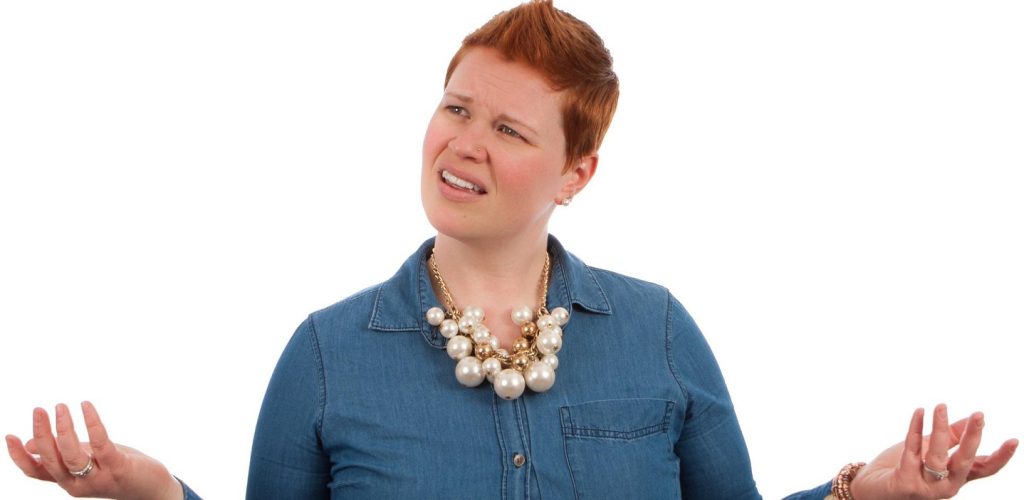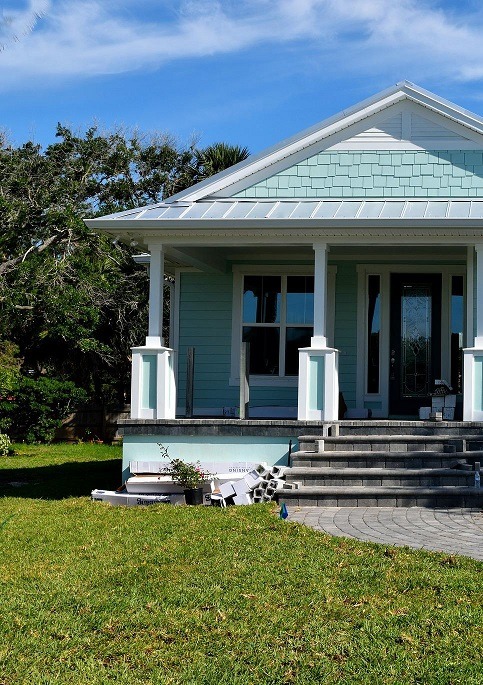
Prices Up, Mortgage Rates Up…
It’s tough to find a home these days. Some hopeful buyers just won’t give up. Some are buying with housemates; others are searching online for REO homes. (Foreclosed homes go into auction and become real-estate owned, or REO, if the bank hasn’t managed to sell them at auction.)
Looking for REO sales can be one way to get a house in some markets. And many foreclosed homes have come into the market in 2022. While millions of homeowners received mortgage forbearance during the pandemic, in 2022 that assistance is winding down.
Is buying one of these homes a good idea? It depends. A foreclosed home comes with its own set of potential risks and rewards.
Some buyers will ask what they really have to lose at this point. Rents are skyrocketing. The high monthly housing costs are ravaging renters’ incomes — making it harder and harder, the longer this goes on, to ever buy a house. REO is the best answer for some buyers. Knowledge and preparation is, of course, vital.
Is Real Estate Expertise Necessary?
A first-timer buying an REO property needs competent mortgage and real estate experts. These professionals can help buyers find the right homes — such as HUD foreclosures, which come with the benefit of cleared titles.
An experienced agent asks the right questions to help a buyer avoid common pitfalls. The agent can work with the lender’s broker, to help the buyer get a good deal.
Usually, lenders selling REO properties are interested in getting these homes off their hands in a cost-effective manner. They’ll want to recoup the outstanding mortgage balance — more if they can, given their advantage as sellers in today’s competitive market. An agent can help a buyer navigate the process without agreeing to risky concessions.
When lenders sell foreclosed homes on the market, they order title searches. The foreclosure action named and sought out the creditors and discharged remaining claims. The legal process enables the lender to market the home with good title. The buyer’s agent can work with a title company before a purchase offer is signed, uncovering any claims and restrictions that will survive the foreclosure action to become the buyer’s responsibilities.
What about overdue electricity or water bills, hookups, inspections — who pays? What about unpaid association fees? What about transfer taxes? These should be brought up to date by the lender at closing. But for homes sold by government agencies, the buyer will need to cover most costs.
Should Buyers Purchase Title Policies?
For quitclaimed homes, dealing with creditors and their liens can become the buyer’s problem. A title expert can examine the secured loans and other claims on a title to spot issues before the home is sold. In the most difficult scenarios, buyers have to initiate costly quiet title actions to remove the clouds.
In any REO purchase, an owner’s title insurance policy matters.
The buyer of a foreclosed home, as a bona fide purchaser who took title without notice of certain defects, should prevail in title conflicts. Say, for example, the former owner were to make a claim on the title, citing some kind of procedural error in the foreclosure. The title company should step up to represent the new owner, and possibly obtain a quitclaim deed to extinguish the prior owner’s claims.
☛ Important note to buyers: The safest purchase agreement with a bank-owned home is one that carries assurances of clear title! A warranty deed offers a level of protection that a quitclaim or special warranty deed would not. The buyer of a foreclosed home should consult with a local real estate attorney before submitting a signed offer. Buyers also need to consult with their tax specialists, to understand how the purchase of a foreclosed home will impact their tax returns.
Is the Home Sold As-Is?

At auctions, homes are sold in as-is condition. For obvious reasons it’s hard to get a mortgage on these homes. A home that doesn’t sell at auction becomes an REO property and heads to the market. With an REO home, it’s generally easier to insure the title and to use the home as loan collateral. After making a successful offer, the buyer of an REO home should order their own inspection. Here again, a local agent’s guidance will be helpful in making sure a complete inspection is ordered.
Is the bank that’s selling the home bringing it up to the safety codes first? If not, the inspection(s) will typically uncover some big issues. An architect and engineer will need to vet the structural integrity of the building and create plans for major renovations.
It’s no surprise that a home whose previously owner faced financial turmoil would fall into disrepair. But bringing the home up to the local safety codes can take a lot of work and money. And it’s necessary — for safety reasons, and to protect the real estate asset. The mortgage lender will insist on it.
If the house is in very bad shape, its appraised value will reflect that. Title coverage for the buyer’s mortgage lender (and thus the mortgage itself) could be impossible to get.
Will Lenders Approve Loans for Foreclosed Homes?
There are various financing options for the purchase of a bank-owned (REO) home. There’s the conventional mortgage, backed by Freddie Mac or Fannie Mae. Conventional loans typically offer the best interest rates. In some states, streamlined loan applications are offered for Freddie Mac’s foreclosed homes. Ask about HomeSteps® Financing. The HomePath Ready Buyer™ mortgage from Fannie Mae helps first-time buyers acquire its own foreclosed homes at a discount.
There are several kinds of government-backed mortgages for foreclosed homes and condos. The Good Neighbor Next Door mortgage, backed by the FHA, is tailored to first responders and teachers in revitalization areas.
The government’s 203(k) loan insures foreclosed home mortgages, so lenders can issue loans on homes needing renovations. Qualified homes can secure loans that bundle mortgage funds with money for major rehab work. There’s a streamlined version for homes that don’t require engineering or architectural plans first.
At the End of the Day, Will It Be a Good Deal?
Buyers are paying steep prices for homes in most markets today. Auction and REO homes are usually available at more accessible prices — unless other hopeful buyers bid them up. And they probably will. Wherever there aren’t enough homes for buyers, foreclosed homes draw competitive bidding, including from corporate buyers prepared to pay cash up front. So this home buying technique is not exactly a slam-dunk.
Buyers have to be willing to renovate, too. Some of the work could need professional plans and construction permits.
So, the buyer must go into the deal with eyes wide open and solid guidance. For the prepared buyer, an REO home in a desirable area is one way to improve a neighborhood as well as an individual home, and start building equity.
Supporting References
Nina Semczuk for SmartAssetTM: How to Buy a Foreclosed Home (May 19, 2022).
Michelle Gibson for the Hansen Real Estate Group Inc.: “Is Buying a Foreclosed Property Risky?”
Deeds.com: What to Know Before You Buy a Foreclosed Home (Nov. 18, 2020).
Deeds.com: Solving Title Problems for a Home with a Previous Foreclosure (Mar. 26, 2021).
And as linked.
